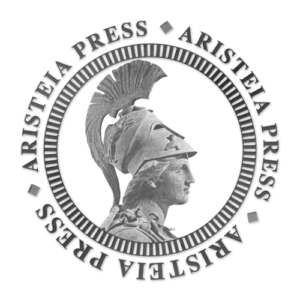Is It The Age or Us?
“Neither is it true to assert that the ‘ages of faith’ are past, and that we live in an age of scepticism or defeat. The ‘age’ is an abstraction; only the individuals who make it are real. Man’s experience of himself is at all times a simultaneous experience of greatness and misery, god and worm. He is free to give primacy to either of these experiences. Like a compass, he is pivoted between acceptance of defeat or belief in the absurd. Whichever he chooses can determine his existence and, ultimately, his age.”
“All this springs from an acceptance of the idea that we live in ‘an age of decline’. But is this true? What evidence have we that we are tireder, more exhausted, than the Elizabethans or the Victorians? What is usually regarded as evidence—the increased crime rate, the teen-age ‘idols’, and so on—is really neither here nor there. We know that the challenges we face are some of the greatest in human history, but what evidence have we that we are less competent to deal with them than the Elizabethans would have been? It seems likely that we are far more competent; the ‘ordinary man’ of today has to deal with a far greater complexity than his counterpart of four hundred years ago.”
“There is an automatic assumption that belief in oneself is a form of self-delusion. This is the major cultural heresy of the twentieth century, the very foundation of the ‘unheroic premise’, the central cause of the cultural slump in our time. Until it is destroyed, there can be no hope for a ‘cultural revival’. It is a sign of our age that inner-direction is regarded with suspicion and a certain amount of fear, and any expression of self-belief stands in danger of ridicule. Thought becomes blurred; the inner-directed man expects to be attacked for selfishness. But the chief necessity of our age is to dare to be inner-directed.”
“This ‘order’ must reach beyond intellect as music does. The art and philosophy of the twentieth century must be rebuilt on foundations in which the words ‘purpose’, ‘optimism’, ‘idealism’, are given a new meaning. And the instrument for creating these new meanings is existential philosophy.”
“In short, if there is to be a ‘revolution’, it will have to begin as a ‘cultural revolution’. The reason for the defeatism that underlies so much modern writing is the feeling that nothing that happens in the ‘cultural world’ can have any bearing on the world of practical events.”
“It may be invaluable for diagnosing the anti-individualist tendency that is eating away the foundations of modem society, but it fails to emphasise that the first characteristic of the ‘inner-directed’ man should be a higher intellectual and moral perception.”
